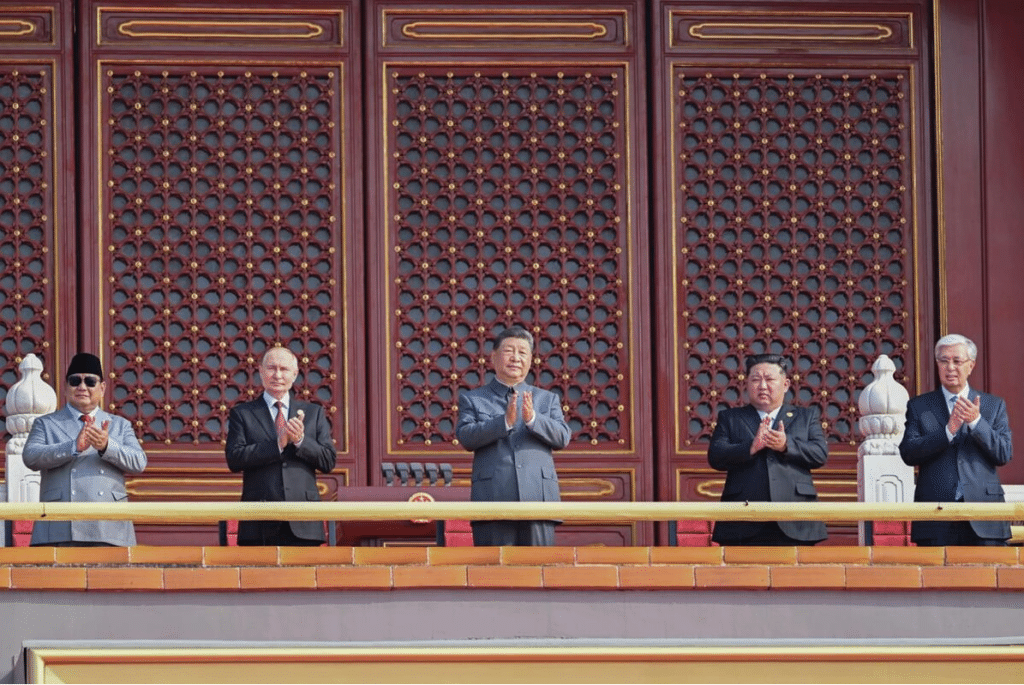New Breed Investors Embrace China’s White-Knuckle Ride
A new breed of small investor is riding China’s rollercoaster stock markets, looking for a quick buck and thriving on the volatility that has sent others scurrying to the exit clutching their stomachs.
Last summer’s 40 percent crash and a 20 percent drop so far in 2016 have sent trading volumes tumbling on the Shanghai and Shenzhen bourses, where retail investors account for 85 percent of the business, unlike more developed markets, where institutions dominate.
Many investors have not just been put off by the falls, but by the wild intraday swings, with sharp morning gains frequently swallowed by sharper afternoon losses.
Not Zhao De. The 26-year-old Beijinger only has around 55,000 yuan ($8,400) to play with, and he wants to make it work hard and fast.
He’s currently out of the stock market, not because it’s too volatile, but because it stops him making the most of that volatility. He wants to take bigger positions for shorter periods, but the stock market makes him wait a day for trades to be settled, which prevents intraday trading.
He’s in commodity futures for now.
“If I buy futures, I can directly short sell,” he said.
Liu Jingde, Cinda Securities analyst, said this growing new cohort of investors is more open to the opportunities to make money and has a greater willingness to take risks, using futures and options products.
“It could make the fluctuations of the market more extreme if these investors take more frequent short-term positions,” he said.
China’s securities regulator did not immediately respond to requests for comment on the implications for the market.
Rao Xianjun is another of this new breed, who typically have trading apps on their phones and bone up on opportunities through investor communities on media platforms such as QQ, WeChat and Weibo.
He’s looking at stocks in the new energy, technology and medical sectors, but he doesn’t want to tie up his money for long, and says he will be looking to make money by short selling, cashing in on the over-exuberant response of investors to government policies.
“The nation’s leaders will obviously focus on new initiatives, and after the buzz of it all quietens down … that’ll be my time to move in.”
GUT INSTINCT
Rao is dismissive of traditional investors, the “aunties and uncles” who follow the buzz.
People, perhaps, like the husband and wife team who turn up every morning at the China Securities brokerage in Dongzhimen on the east side of Beijing.
The husband, who gave his surname as Wu, said he had been investing since 2005, and had lost a lot of money on the start-up board in last summer’s crash.
As a retiree in his 60s, he can ill afford to lose.
Unlike the younger generation of investors, he said he relies on state media for his information.
“I look at CCTV Finance, as they are the voice of the Communist Party. They don’t dare talk nonsense,” Wu said.
An octogenarian investor in the Founder Securities brokerage in western Beijing who gave his name as Zheng takes a similar approach. He was clutching a copy of Reference News, published by state news agency Xinhua.
“I don’t have any fixed plan for 2016,” Zheng said. “I just look at the situation, and I look in the newspaper.”
He shares a view with Wu that the best stocks are the ones that have already soared, that banks are not worth buying, and that gut instinct is the best guide.
This year they will be up against nimble young guns hoping to punish them for that instinct and make money even in the worst of times.
Rao thinks the vertiginous ride on Chinese stocks has been just the education he needed to achieve that goal.
“In a way, I feel lucky; I’ve experienced three bear markets that other investors take over a decade to experience,” he said.
By JESSICA MACY YU, edited by Will Waterman. Feb. 7, 2016 on Reuters.
Read more here








